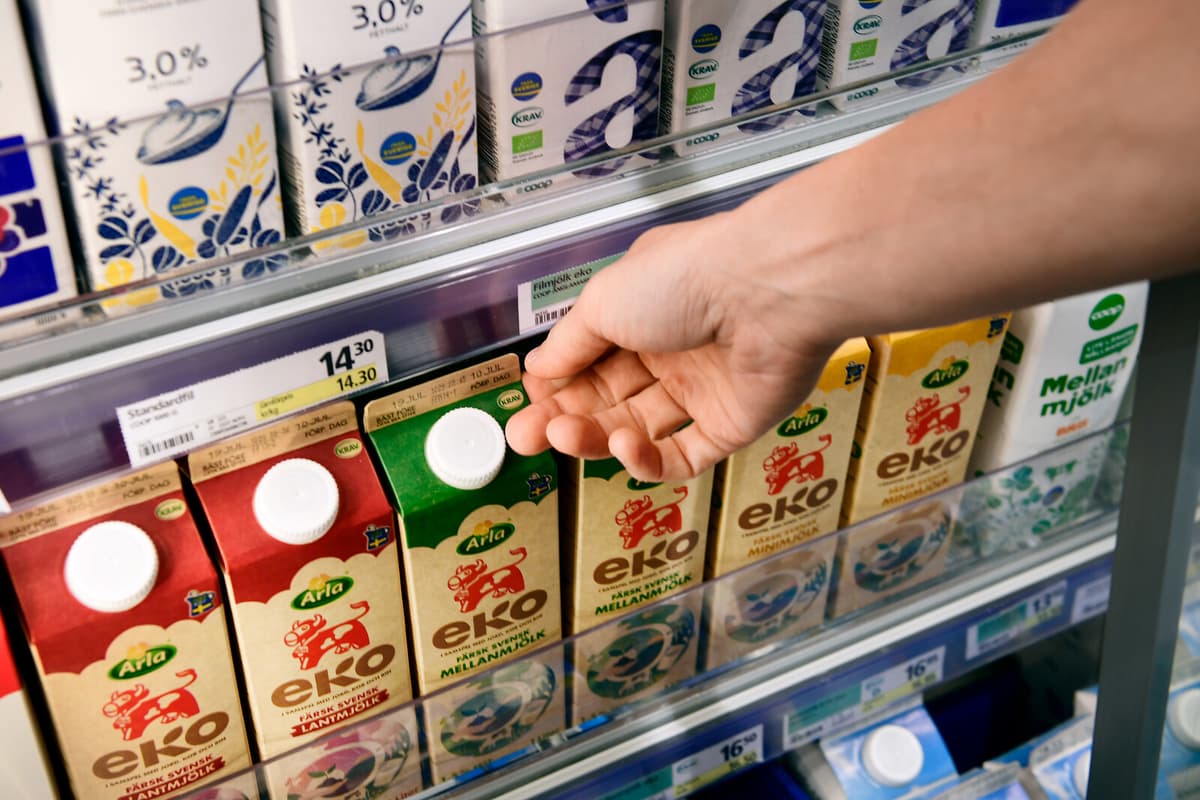The Government and the collaborating party The Moderate Party's cooperation party Sverigedemokraterna want to halve the food VAT, from twelve to six percent, as part of the package in the autumn budget. This, among other things, to support families with children and get the Swedish economy going.
But it is an extremely inefficient way to use the state's finances, according to the economic researchers TT has been in contact with.
”Very bad idea”
It's a very bad idea. You won't find any tax economist who thinks this is good. It's a very blunt instrument if we're going to help those who have trouble paying for food, says Åsa Hansson, docent in economics and tax expert at Lund University, in a comment to TT.
It costs a lot in lost tax revenue. If you use the same amount of tax revenue, you could help them much more, she continues.
Advertisement
This is not the first time the food VAT is being reduced. The National Audit Office published a review in 2018, led by Peter Johansson, of the effects of the VAT reduction on food in 1996, from 21 to twelve percent.
Affected the price
Our assessment was that the VAT reduction led to fully reduced prices, says Peter Johansson.
But the National Audit Office also looked at how the purpose of the tax reduction was achieved, i.e. did it help the weaker income groups? It did, but among other things, increased child benefits and housing supplements would have had the same effect, but at half the cost to the state's finances, according to Peter Johansson.
Åsa Hansson adds:
Reduced food VAT applies to everyone. There are better methods that are more accurate and cost less, such as increased child benefits, income support.
The idea from the Government is that it should be a temporary relief for households, while the Swedish economy and households need support. The researchers point to the difficulty of then raising the VAT again and that we rather probably need to increase the state's revenue when an expanded defense will burden the finances with hundreds of billions of kronor.






